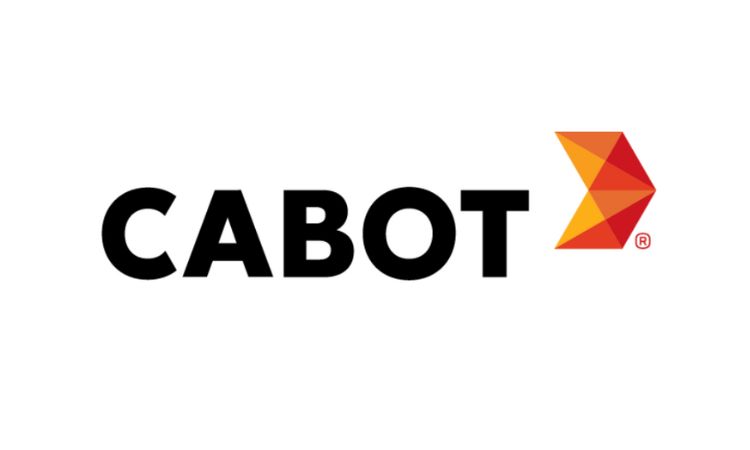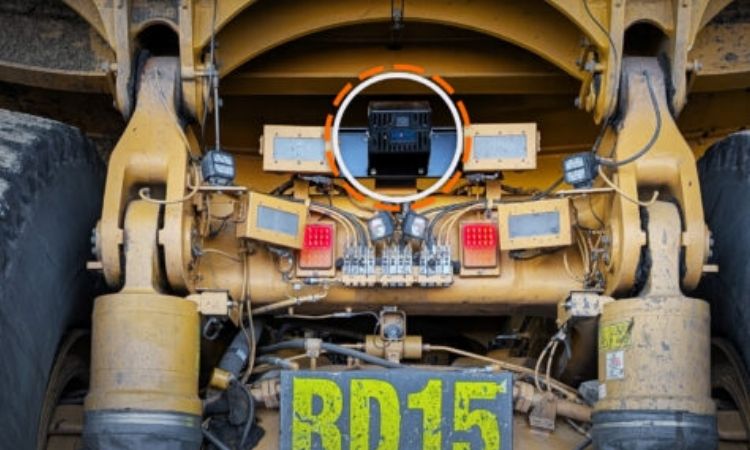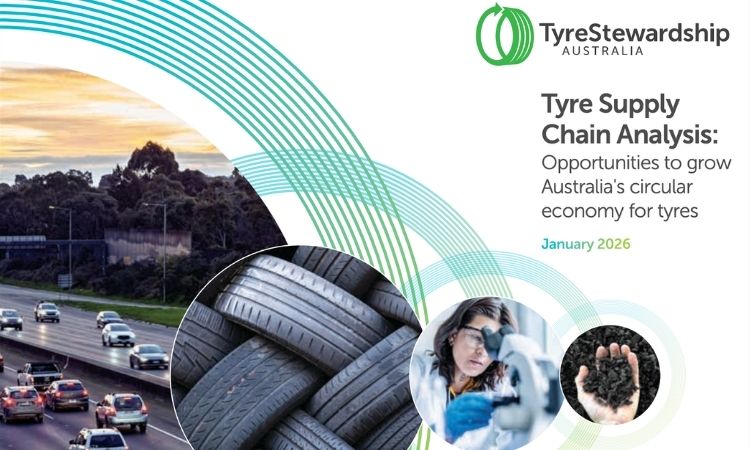Australian Queensland to build high-performance rubberized roads
According to the latest press release by Tyre Stewardship Australia (TSA), regional Queensland is suffering with illegal tire dumping and dangerous tire stockpiles representing a missed opportunity for Australia’s northeast state. By recovering resources like steel and rubber from end-of-life tires, Queensland can build high-performance roads and generate valuable commercial markets that promote local jobs and manufacturing across the state.
“Putting crumb rubber in roads is a winning circular economy formula already happening across Australia and around the world.
“It’s time for Queensland State and Local government to start mandating their roads be made using Australian crumb rubber. By not mandating locally available rubber resources for roads, Queensland risks letting its road sector fall behind on industry best practice,” says Lina Goodman, CEO of Tyre Stewardship Australia.
Across Queensland about 112,000 tons of tires reach their end-of-life annually, including tires from passenger cars, trucks, and off-the-road vehicles (used in mines, agriculture, and civil construction sectors).
Of this quantity, about 60% are presently collected and processed by tire facilities concentrated in the state’s Southeast region (in metropolitan and urban areas).
Sadly, in regional and remote areas across North and Far North Queensland, it’s a different story. Recovery rates are presented with obstacles of low quantities and large distances engendering rates of recovery lower than other parts of the state and providing a perfect storm for illegal stockpiling and dumping.
In a recent workshop, representatives from local and state government, roads and civil construction and the resource recovery sector from the North and Far North regions came together to discuss solutions to increase recovery rates across regional Queensland, and local opportunities to retain the valuable resources from end-of-life tires.
New and existing tire processing infrastructure and consolidated collection systems may help address the challenges associated with logistics, but the lynchpin for success was lifting investor confidence by establishing local end-markets for crumb rubber.
A recent report from the Australian Road Research Board (ARRB) demonstrated that by introducing crumb rubber instead of polymers to modify bitumen has the capacity to increase flexibility and provide resistance to reflective cracking, while it assists to avoid bleeding and instability when high contents of binder are used. When compared to unmodified bitumen, crumb rubber modified bitumen has also been found to increase durability and enhance elasticity.
Furthermore, TSA’s recent study on Greenhouse Gas Emissions (GHG) found that crumb rubber used as 15-20% of an asphalt binder in the wet process has a 7% improvement in GHG emissions compared to an average polymer modified binder (PMB). This figure is even higher when used in other applications like sprayed seal or permeable pavement.
“TSA has already committed $9 million to market development initiatives of which the roads sector has received the lion share and has the capacity to consume the volume that ensures a robust market – right across the value chain.
“I am urging Local and State Government to step up, mandate Australian crumb rubber in its roads and accept this proven circular economy solution. Industry is ready, educated and waiting to implement without hassle or risk – in fact, we now face the risk of not using this resource available to us.
“This simple step by all levels of the Queensland Government will pack a huge punch for the South West and North and Far North Queensland.” Goodman continued, “Given the extensive road network across Queensland, there is a clear path towards a circular economy starting with proactive procurement strategies by government, for the benefit of all Queenslanders.”
Globally, we see how regulated schemes can remove barriers like those experienced in regional Queensland, stimulate markets, and build a local advantage for crumb rubber. In turn, reducing market availability for rogue operators, and consequently reducing stockpiles and illegal dumping.
Press release by TSA.
Weibold is an international consulting company specializing exclusively in end-of-life tire recycling and pyrolysis. Since 1999, we have helped companies grow and build profitable businesses.









